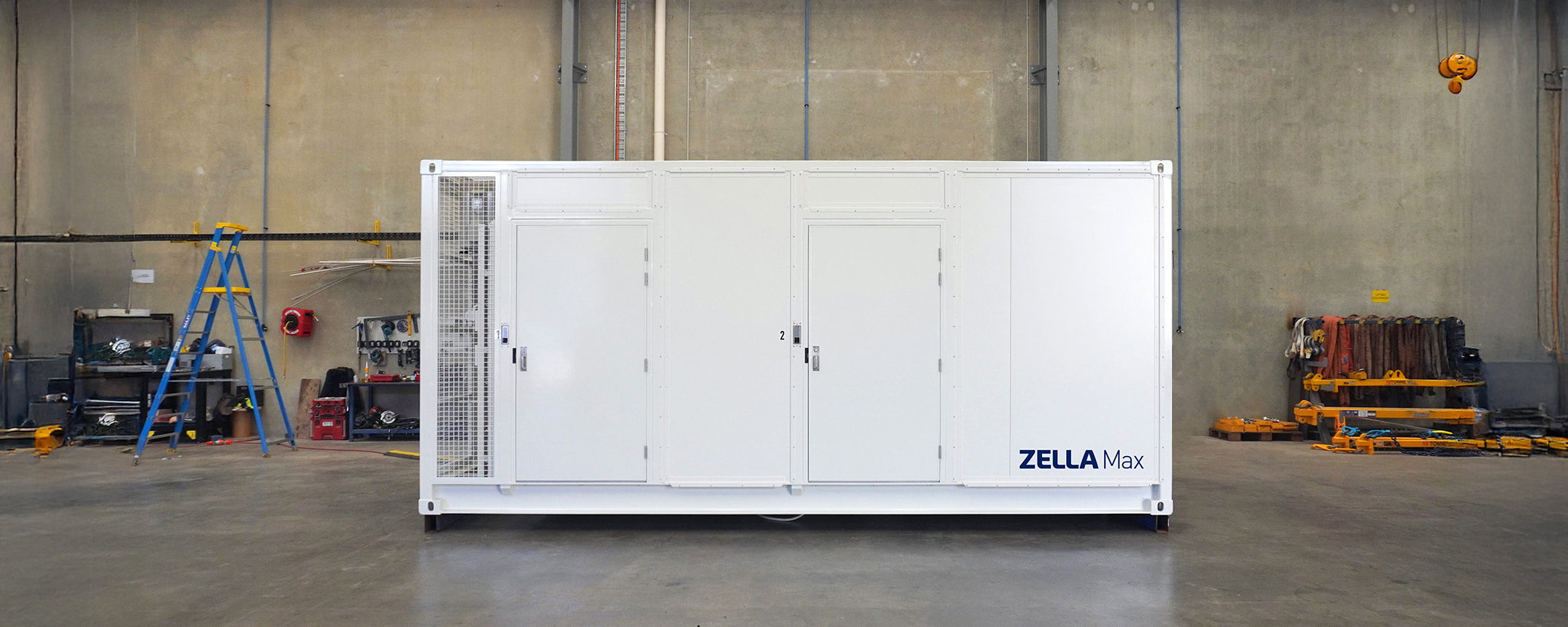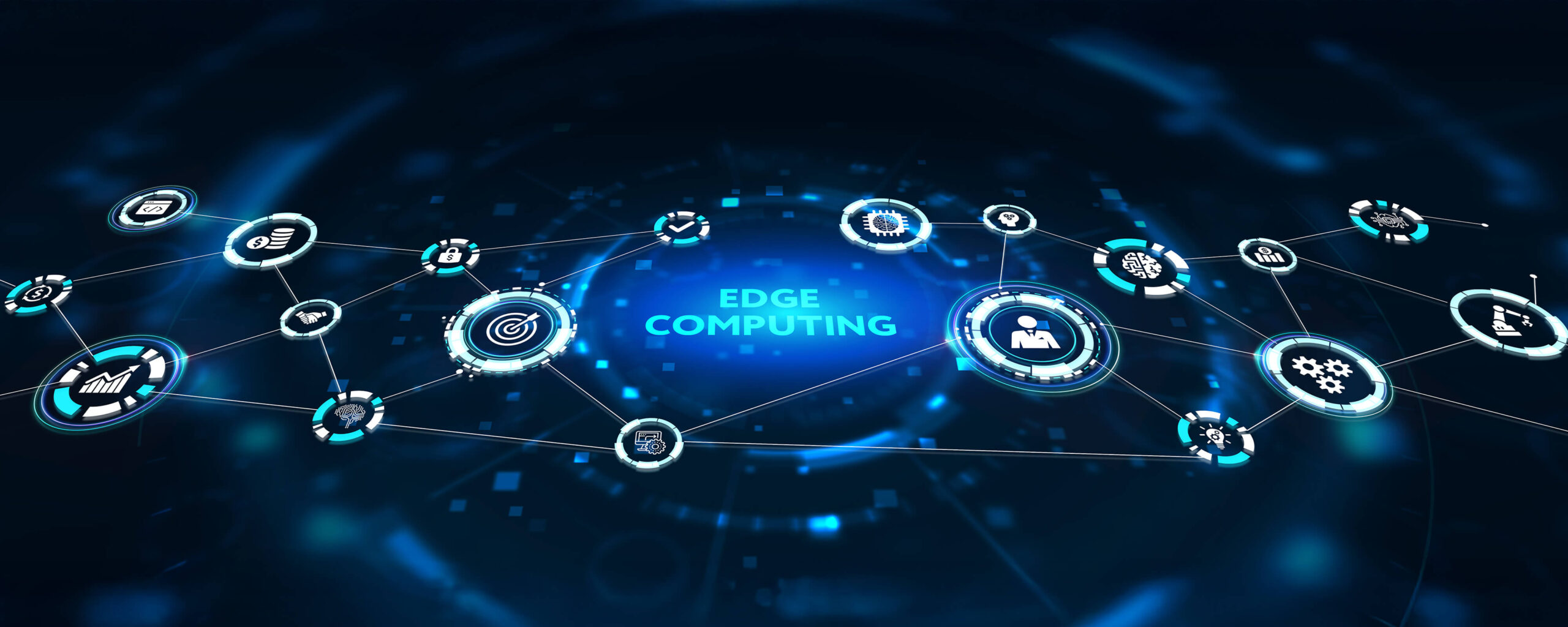As we get closer to 2024, the landscape of technology is evolving at an unprecedented pace, with edge computing emerging once again as a key player in this transformative journey. Edge computing, which brings computation and data storage closer to the source of data generation, is set to witness several groundbreaking trends in the coming year.
1. Artificial Intelligence (AI) at the Edge
Artificial intelligence is no longer confined to massive data centres; it’s making its way to the edge. Edge AI enables devices to process data locally, reducing latency and enhancing real-time decision-making capabilities. In 2024, we can expect a surge in the integration of AI at the edge, powering applications such as image and speech recognition, natural language processing, and even autonomous systems. This shift not only improves the efficiency of edge devices but also unlocks new possibilities for innovative AI applications.
2. Automation for enhanced efficiency
Automation is a key driver in the evolution of edge computing. As the number of connected devices continues to grow, managing and orchestrating these devices becomes increasingly complex. Automation tools and frameworks will play a pivotal role in streamlining operations, optimising resource utilisation, and ensuring seamless connectivity. In 2024, expect to see the rise of intelligent automation systems that can adapt to dynamic edge environments, improving efficiency and reducing the burden on human operators.
3. Security and privacy take centre stage
With the proliferation of edge devices, security and privacy concerns become more pronounced. In 2024, the edge computing ecosystem will witness a heightened focus on implementing robust security measures. This includes secure communication protocols, encryption techniques, and AI-driven threat detection systems. Privacy-centric design principles will also gain prominence, ensuring that user data is handled responsibly and in compliance with regulatory standards. As edge computing becomes more ingrained in our daily lives, establishing trust through enhanced security and privacy practices will be paramount.
4. Edge containers for flexible deployment
Containerisation, a lightweight and scalable technology, is making its mark in the edge computing domain. In 2024, the use of edge containers will become more prevalent, enabling applications to run consistently across diverse edge environments. This flexibility in deployment is crucial for accommodating the diverse hardware and connectivity constraints at the edge. The adoption of container orchestration platforms like Kubernetes will simplify the management of containerised applications, fostering a more agile and scalable edge infrastructure.
5. Increased adoption of 5G for low-latency connectivity
The rollout of 5G networks is a game-changer for edge computing. The increased bandwidth and low-latency connectivity offered by 5G empower edge devices to communicate and share data at unprecedented speeds. In 2024, the widespread adoption of 5G will catalyse the growth of edge computing by supporting applications that demand real-time responsiveness, such as augmented reality, autonomous vehicles, and smart cities. The synergy between edge computing and 5G opens the door to a new era of connectivity and innovation.
The role of micro data centres
Micro data centres and edge computing go hand in hand and their popularity is set to grow again in 2024. These compact, decentralised data centres address the need for localised processing and storage, further reducing latency and improving the overall efficiency of edge systems. As edge computing continues to advance, the strategic placement and utilisation of micro data centres will emerge as a critical component in optimising the performance of edge applications.
In essence, the trends shaping edge computing in 2024 reflect a dynamic landscape driven by the convergence of AI, automation, security, and connectivity. The role of micro data centres in this evolution underscores the importance of decentralised computing resources in meeting the demands of an increasingly connected and data-intensive world. As we navigate the complexities of this technological frontier, the fusion of edge computing and micro data centres stands out as a cornerstone for ushering in the next wave of innovation and efficiency.






